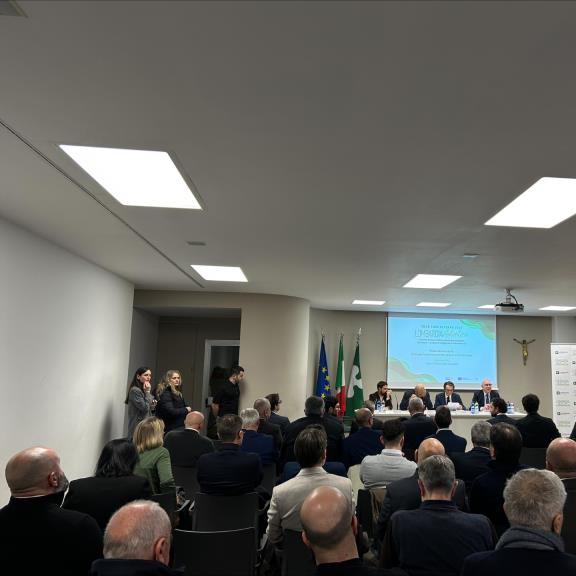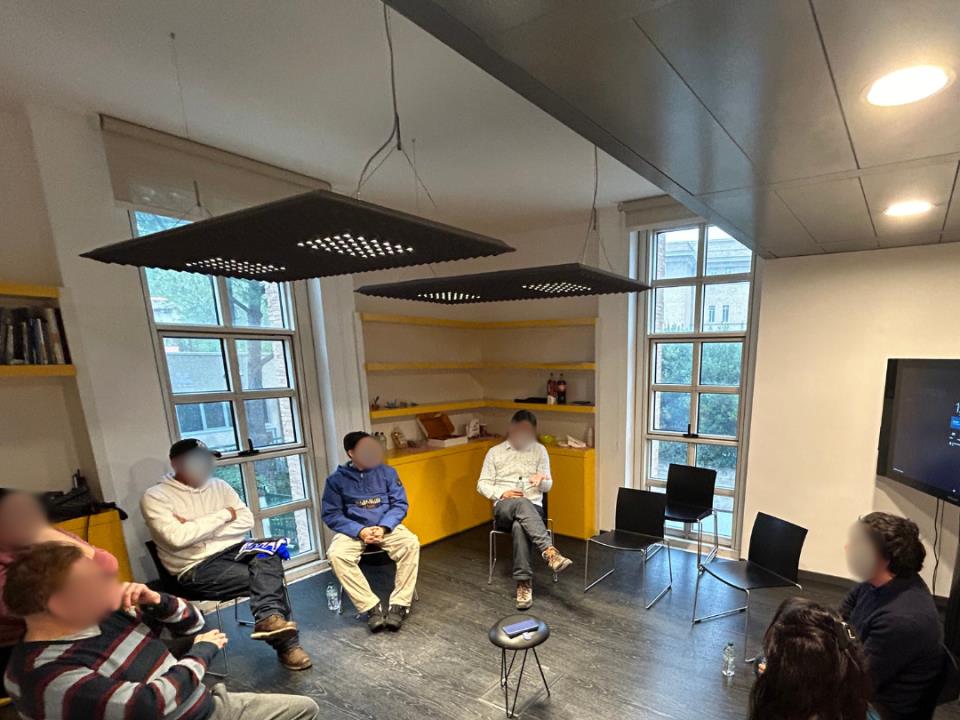Fausta Chiesa | Corriere Economia
Digital agenda, European funds, but above all 'spending review'.
For the challenges facing the public administration, which are crucial for a return to growth, consultancy firms offer themselves as partners. Public spending from 2008 to 2011 rose by 21 billion (Bank of Italy data). Excluding investments, interest, pensions and social benefits, it increased by 9 billion. 'Every year,' says Ezio Lattanzio, president of Confindustria Assoconsult, the association that brings together the consulting companies in Confindustria, 'there is talk of overhauling the public administration and every year we arrive at the approval of the state budget without having time for an organic reform'.
The challenge
It is clear that indiscriminate cuts are not enough if they are not accompanied by reorganisation processes, such as the reduction or amalgamation of offices. 'In all European states, the public administration identifies waste and cuts excess spending selectively,' Lattanzio continues. 'To do this, a profound restructuring of internal processes, skills and management models is required. International experience, see the case of the United Kingdom with Margaret Thatcher, shows that in all major reform processes, management consultancy has played a primary role, because it is the bearer of innovation and comparison with other realities. The point is not to delete some expenditure chapters. In addition to reducing waste and optimising purchases, the biggest part of the spending review is the functioning of the administrative machine. This is what we must work on, if we do not want to reduce services to citizens and businesses'.
In the same way, European funds, which have so far been wasted in large quantities, could be managed on a managerial level. 'They are one of the great opportunities that the country fails to exploit
They are one of the great opportunities that the country fails to exploit fully,' Lattanzio complains, 'because the public administration fails to use them all and, when it does use them, the return as a system is less than the potential they could have. The typical difficulties are the organisation of resources and programming, and consultancy firms can lend a hand. This is how it works in other European countries. Instead, in Italy it is rumoured that for the next European programming period it is being studied to centralise the activity of technical assistance to the management of structural funds in a state agency, which today is carried out by the regions and ministries that manage the funds through tenders'.
Cuts
The offer from management consulting might seem a paradox: precisely because of the revision of state expenditure, public demand for consultancy is dwindling.
But not even the recently approved law on public administration, which envisages an internal crackdown on external consultancy (the expenditure ceiling for 2014 is to be reduced from 90 per cent to 75 per cent), frightens the sector. On the contrary, Confindustria Assoconsult hopes for further cuts. 'Estimates of expenditure on consultancy in the public administration,' says Ezio Lattanzio, 'speak of two billion, but in reality it could be double that. Of this expenditure, not only 50 per cent can be cut, but up to 80 per cent. And with the remaining value, 20 per cent of today's expenditure, the entire structure could be reformed'. So on the part of the management consulting sector there are no objections to the containment of expenditure on so-called consultancies. On the contrary, 'For 90 per cent of cases,' says Lattanzio, 'these are assignments to individuals. A pulverised expenditure, which has little return in terms of added value. Management consulting is left with 10 per cent of the market. The point is that expenditure must be channelled to the structured offer of quality. The public can cut even more, but what it does not cut it must spend well'. And to spend it well, all that is needed is to put the consultancy assignment mechanism out to tender and make it transparent. Another Italian 'flaw' is the so-called 'in-house' phenomenon, whereby the public administration creates internal consultancy structures to which it entrusts assignments, without control and competition. 'In practice, it buys consultancy from itself,' comments Lattanzio. 'In other countries such as Germany, recourse to in-house is only possible if it is cheaper than market alternatives.



-576_576.png)

-960_720.jpg)























